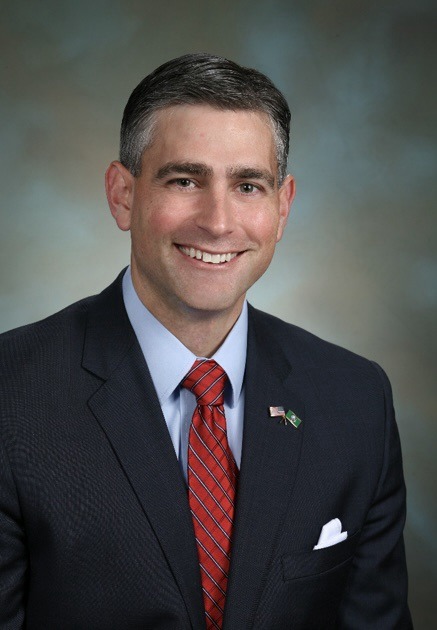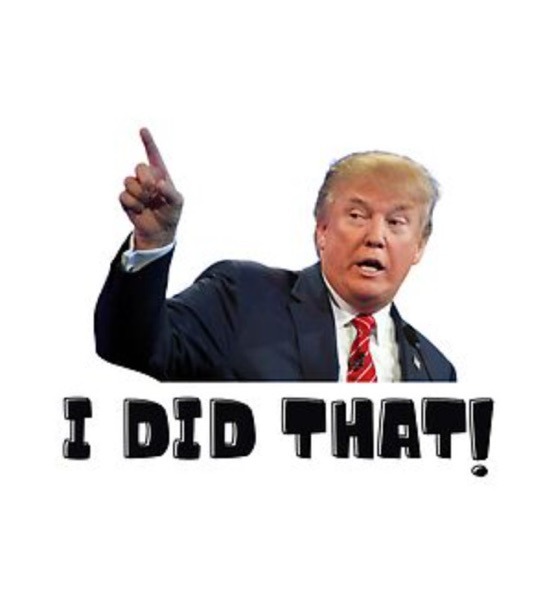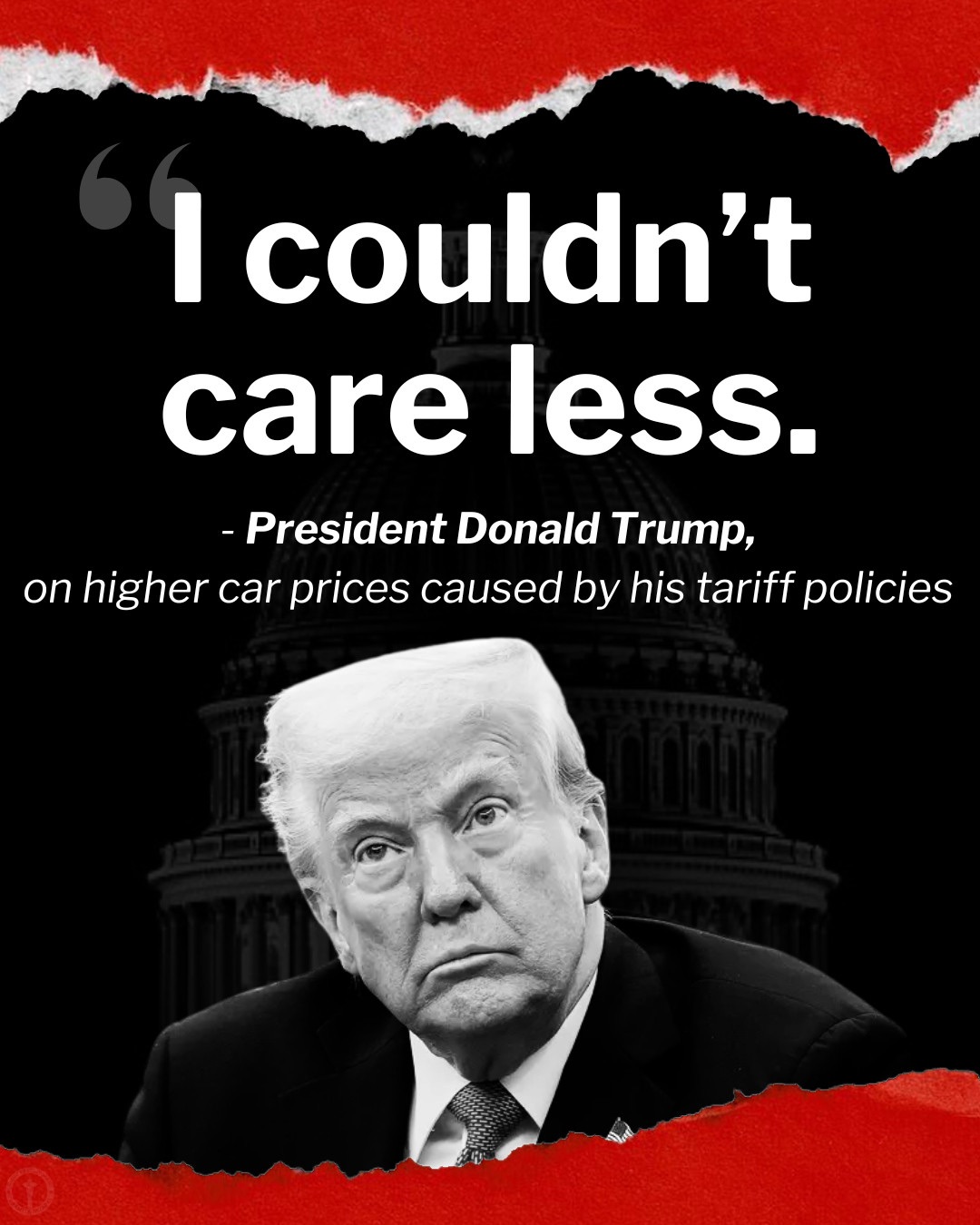Something deeply unsettling is happening in Washington, D.C. On March 5, 2025, Republican senators met privately with Elon Musk, head of the Department of Government Efficiency (DOGE), and essentially asked for his blessing before moving forward with budget-related votes. The fact that elected representatives—whose duty is to legislate on behalf of the American people—felt the need to seek approval from an unelected billionaire is not only abnormal but fundamentally un-American.
The meeting, organized by Senator Rick Scott, was centered on Musk’s proposed federal spending cuts. Republican lawmakers urged him to submit a formal rescission package to Congress, which would make his cost-cutting measures permanent and shield them from legal challenges. But the most disturbing aspect of this discussion wasn’t the policy itself; it was the unmistakable deference these senators showed to a man who holds no elected office. It raises the troubling question: Who is really in charge here?
The U.S. government is designed to function with a system of checks and balances. The legislative branch has the power of the purse, meaning that Congress—not an unelected official, no matter how wealthy—determines government spending. Yet, what unfolded in that meeting suggests that some senators are more concerned with maintaining Musk’s favor than upholding their constitutional duties. The senators weren’t just consulting him; they were seeking his permission, a move that undermines the very foundation of representative democracy.
Elon Musk, for all his business successes, is not an elected official. He was appointed to head DOGE, a new and controversial agency focused on cutting government inefficiencies. While his role gives him influence, it does not grant him legislative power. The idea that sitting U.S. senators would treat him as a gatekeeper for government policy reveals an alarming shift: the rise of a corporate oligarchy where billionaires wield outsized influence over democratic institutions.
To make matters worse, Musk himself acknowledged that his spending cuts would not hold up without congressional backing. In other words, even he recognizes that the law does not give him unilateral control over federal budgets. Yet, instead of asserting their authority as lawmakers, these senators opted to defer to Musk, as if awaiting his command. Their actions send a dangerous message—that the United States is no longer governed by elected representatives but by the whims of the ultra-wealthy.
This is not normal. This is not how democracy works. The fact that senators like Lindsey Graham and Rand Paul—a self-proclaimed champion of limited government—are willing to let a billionaire dictate fiscal policy should alarm every American, regardless of political affiliation. It sets a precedent where unelected elites, not the people’s representatives, determine national priorities.
History warns us about what happens when democratic institutions become subservient to a wealthy few. When elected officials prioritize the interests of oligarchs over their constituents, the government ceases to serve the people. The United States has long prided itself on being a republic where power derives from the voters, not from a handful of billionaires. Yet, this episode suggests we are drifting toward something far more sinister—a government where elected officials bow to unelected power brokers.
If members of Congress truly believed in their oath to uphold the Constitution, they would not be taking cues from Elon Musk. They would be asserting their legislative authority and reminding him that while he may run businesses and agencies, he does not run the U.S. government. The fact that they are doing the opposite speaks volumes about the current state of American democracy.
This is not a partisan issue. It is a matter of democratic integrity. Every American should be asking: If senators feel they need Musk’s approval to do their jobs, then who do they really work for? The voters who elected them—or the billionaire who didn’t? The answer to that question may determine the future of democracy itself.




